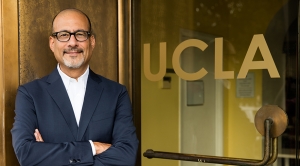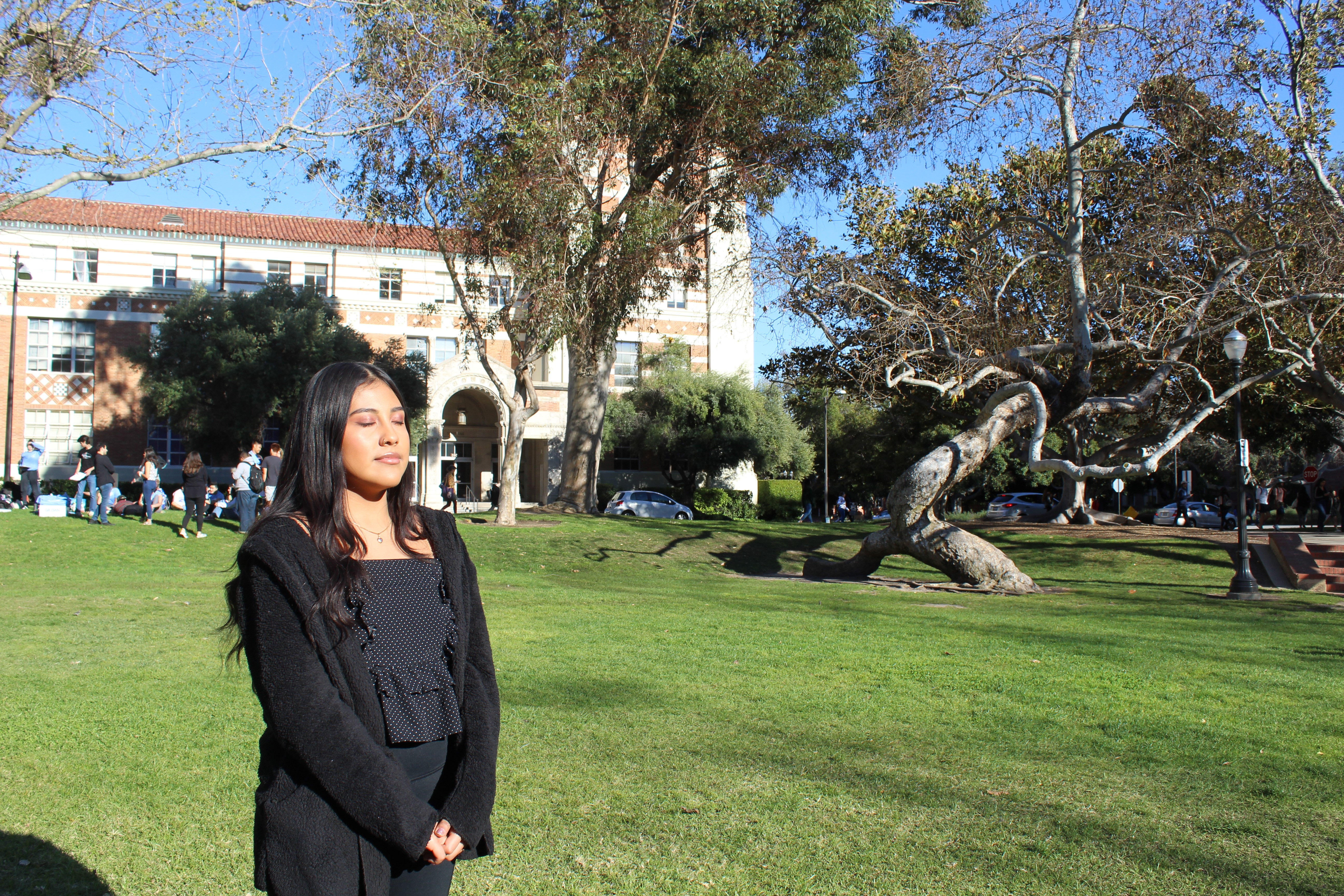
By Institute for Research on Labor and Employment
This past winter quarter, the UCLA Labor Studies Program offered the class Spirituality, Mindfulness, Self-care, and Social Justice. Originally offered as a small seminar in 2015, the class has grown to 120 students with a follow-up seminar offered in the spring. We sat down with Professor Victor Narro to learn more about the course and the impact it has had on the student community.
What is the Spirituality, Mindfulness, Self-Care, and Social Justice class?
I created this class in 2014 when I became more aware that UCLA students involved with social justice organizations suffered from similar levels of stress and anxiety as my colleagues in the work for labor and immigrant rights. The class is offered during winter quarter and introduces students to the teachings and practices of spiritual leaders like Mohandas Gandhi, Martin Luther King Jr., and Thich Nhat Hanh. Throughout the course, students learn how to apply the lessons on self-compassion and compassion for others.
How did you get interested in self-care, and what made you decide to teach a class on it?
A few years ago, I started suffering from burnout in my social justice work. I thought it was just because I was getting older, but then I started noticing it’s a major issue throughout the social justice movement—people just overwhelmed, especially under the Trump administration. I see the same symptoms with student activists, and it’s even tougher on them in many ways; they have to balance their academic workloads with their activist work and their personal lives, and many are also working.
What is self-care?
Self-care, is learning to be activists for ourselves, to care about ourselves so that we can more effectively care for others, and to find a balance between the two. Being activists for ourselves means taking care of our physical health and emotional well-being while also taking care of others.
What are the goals of the course?
Through reflections on the readings and activities, students can learn to use self-care practices in their daily lives to reduce their stress and improve their health. I emphasize that there is no best practice for this. Religion can play a role, and students’ religious faiths can be integrated into their practice. Others might choose a spirituality practice disconnected from organized religion or just practical applications of mindful breathing, meditation, or yoga. Everybody is going to find something that works for them.
My goal is also to connect students with the campus resources their fees pay for. For instance, most students don’t know that there is a mindfulness awareness program that offers free classes and workshops to students. There’s also Counseling and Psychological Services (CAPS), which offers free psychological counseling to students. Part of self-care is reaching out for help when you need it.
What are some of the course readings and activities?
Thich Nhat Hanh is a Zen Buddhist Vietnamese monk who spoke out against the Vietnam War and encouraged Martin Luther King Jr. to do the same. Thich Nhat Hanh created his own concept of a community called a sanga, where the community members come together to meditate but also to practice peace activism. His teachings are a great way for students to see how spirituality can connect with social justice work. We also talk about the philosophy of nonviolence, including the teachings of Gandhi, Martin Luther King Jr., Cesar Chavez, and Archbishop Oscar Romero. And we examine how to deal with anger in a healthy way with the Dalai Lama and Archbishop Desmond Tutu, an anti-apartheid and human rights activist.
We also do various kinds of meditation at the beginning of each class so students are introduced to basic examples of these practices that they can then explore further if they’re interested.
How would you like this course to impact students now and after they graduate?
Many of the students in the class are activists and plan to make a career of social justice work. I hope this class helps them establish a self-care practice now that will prevent burnout and help them be healthier and more effective change leaders.
Victor Narro is a nationally known expert on the workplace rights of immigrant workers. He is a project director for the UCLA Labor Center, a core faculty member for UCLA Labor Studies, and a lecturer at the UCLA School of Law. The Spirituality, Mindfulness, Self-Care, and Social Justice course will continue to be offered, more information to be released soon.

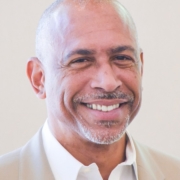
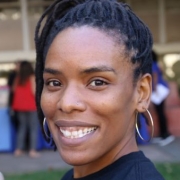
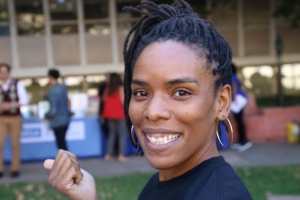
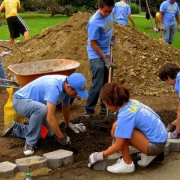
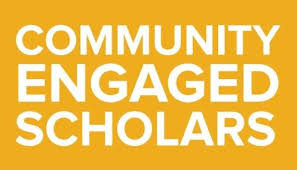 Six new UCLA ladder faculty members were presented with the inaugural
Six new UCLA ladder faculty members were presented with the inaugural 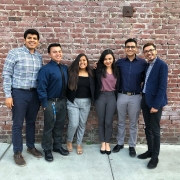
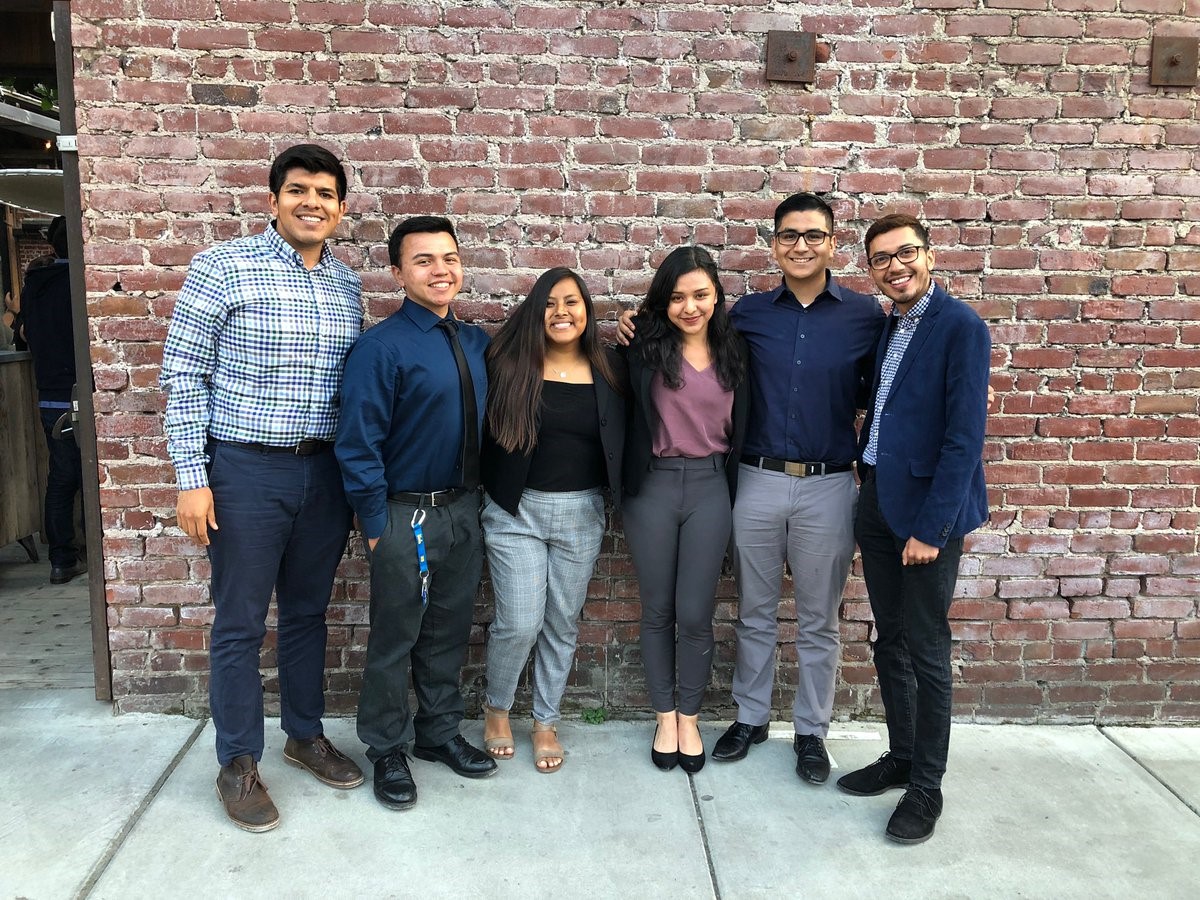
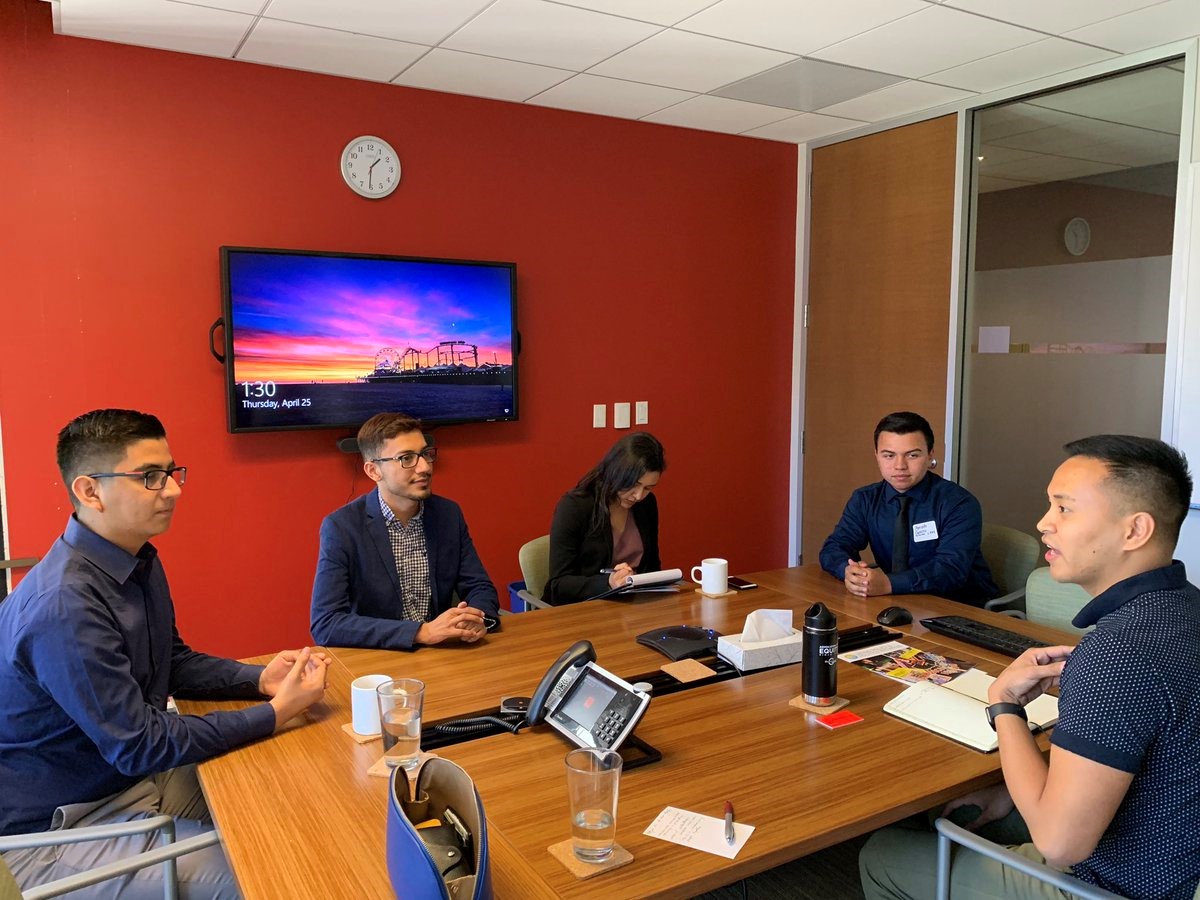
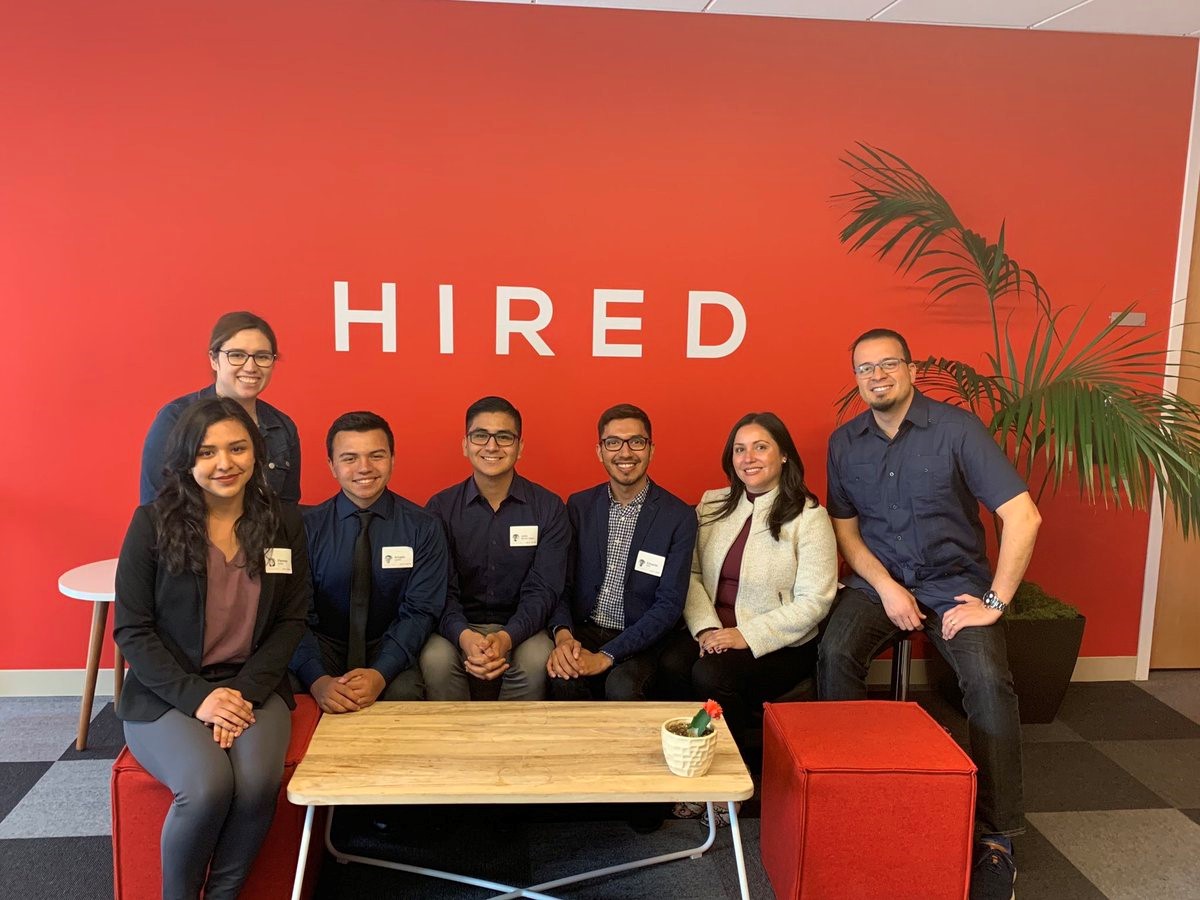
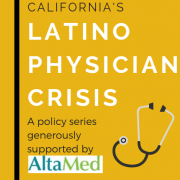
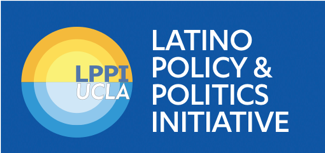
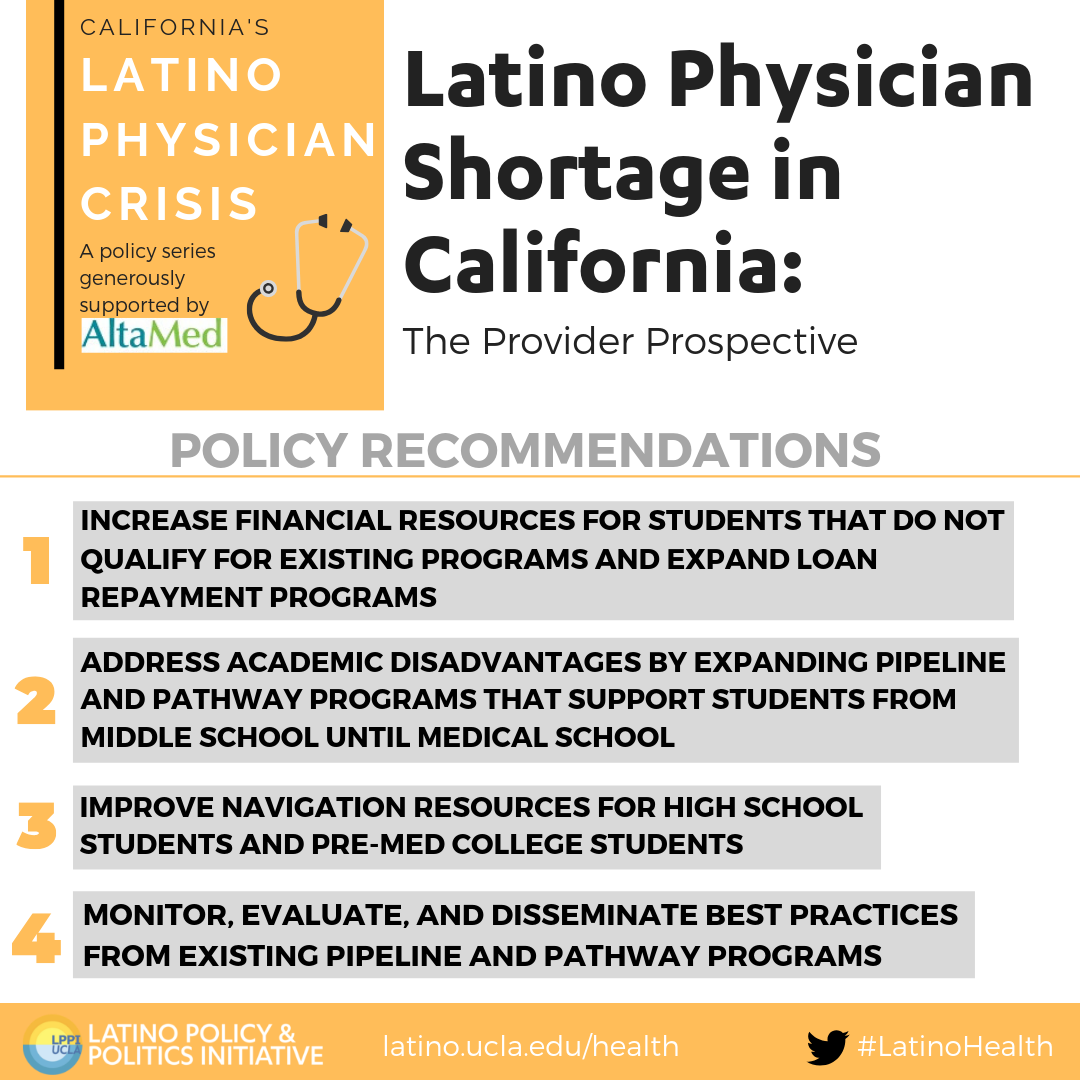
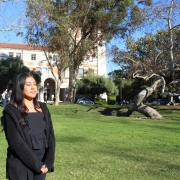

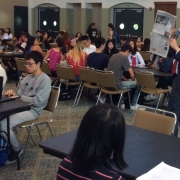
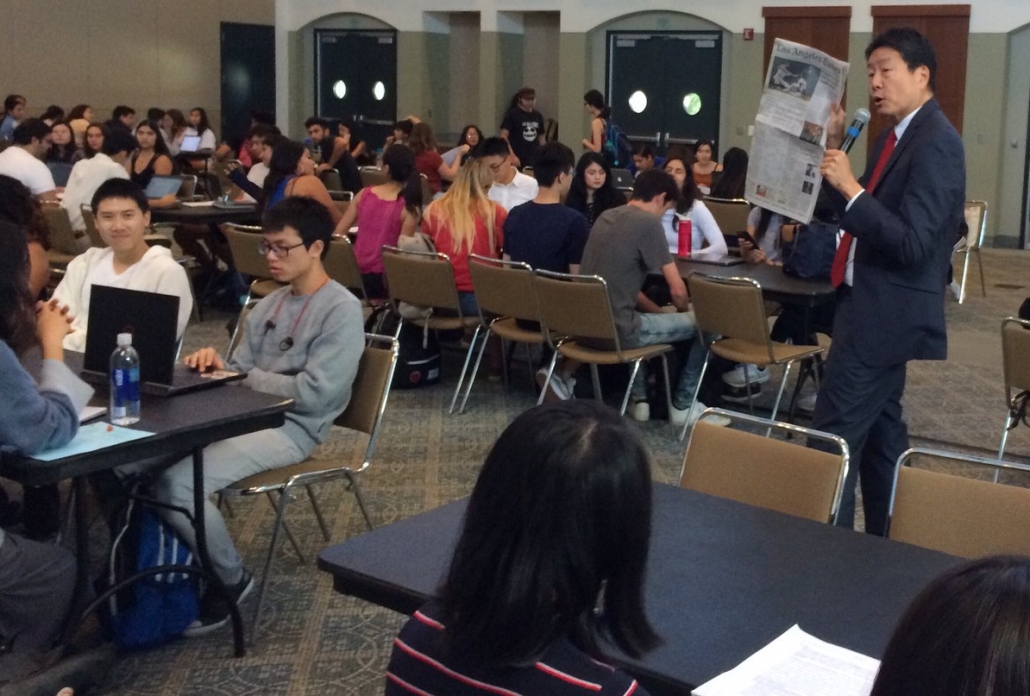
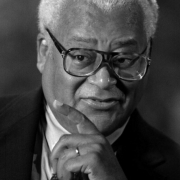
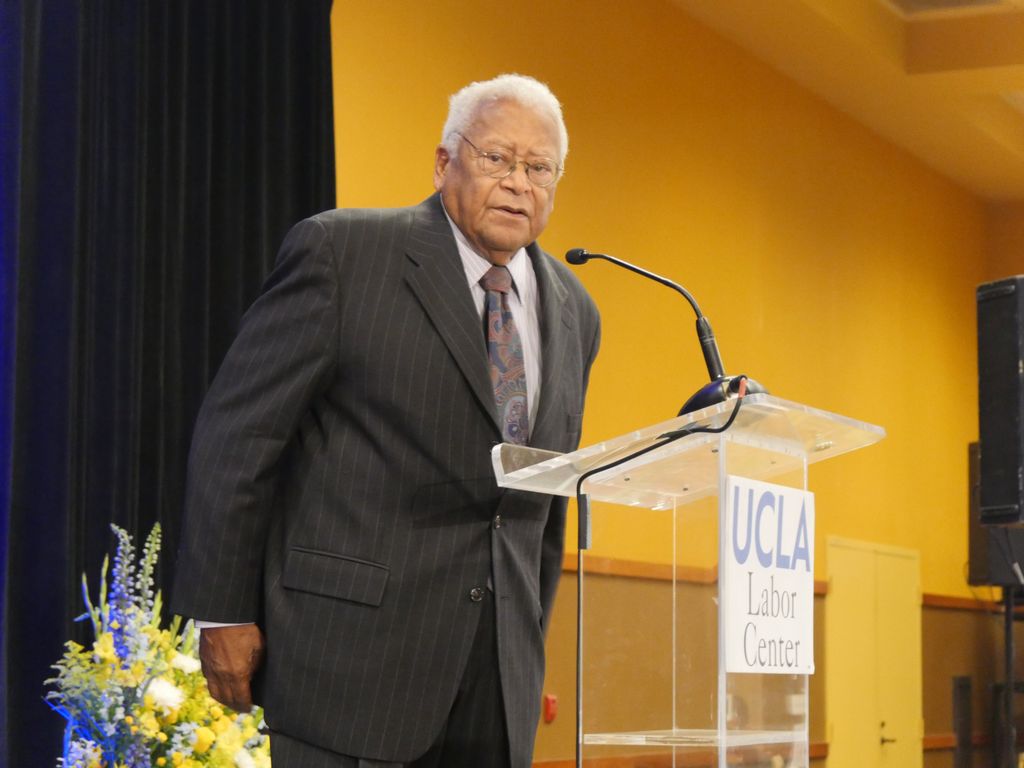

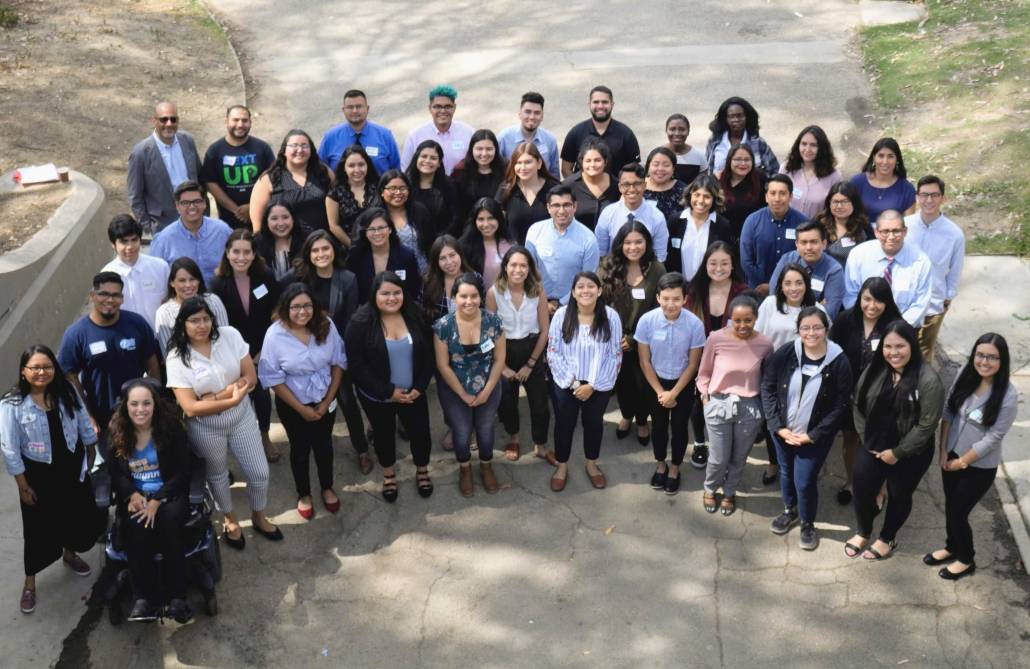

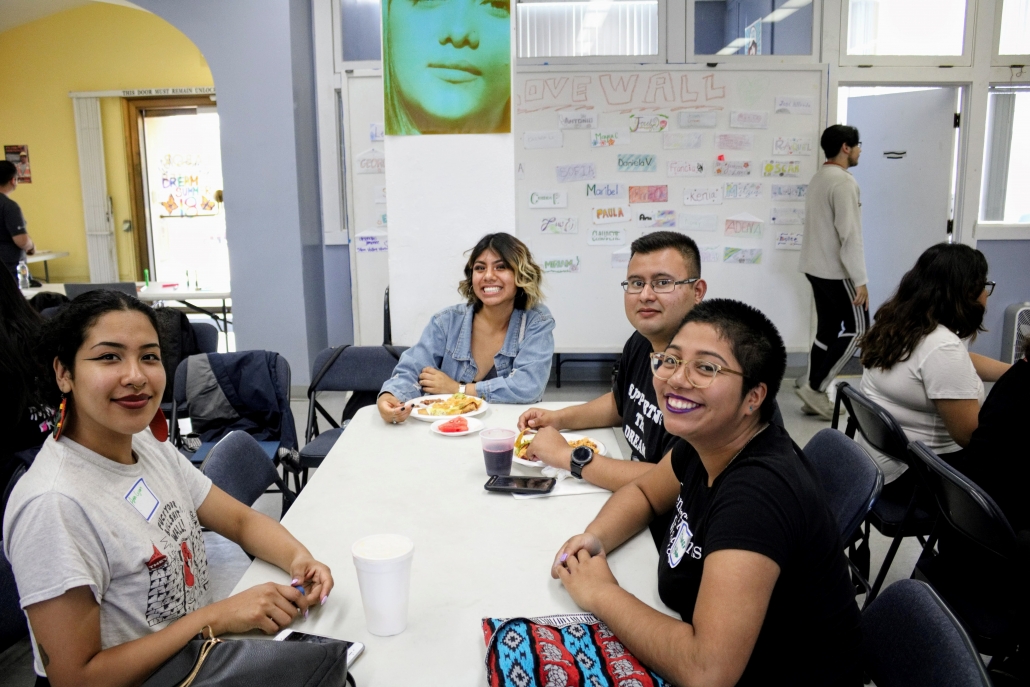 Following this retreat, participants disbursed to their respective community-based organizations and labor unions to begin their hands-on training on issues that directly impact immigrant communities.
Following this retreat, participants disbursed to their respective community-based organizations and labor unions to begin their hands-on training on issues that directly impact immigrant communities.